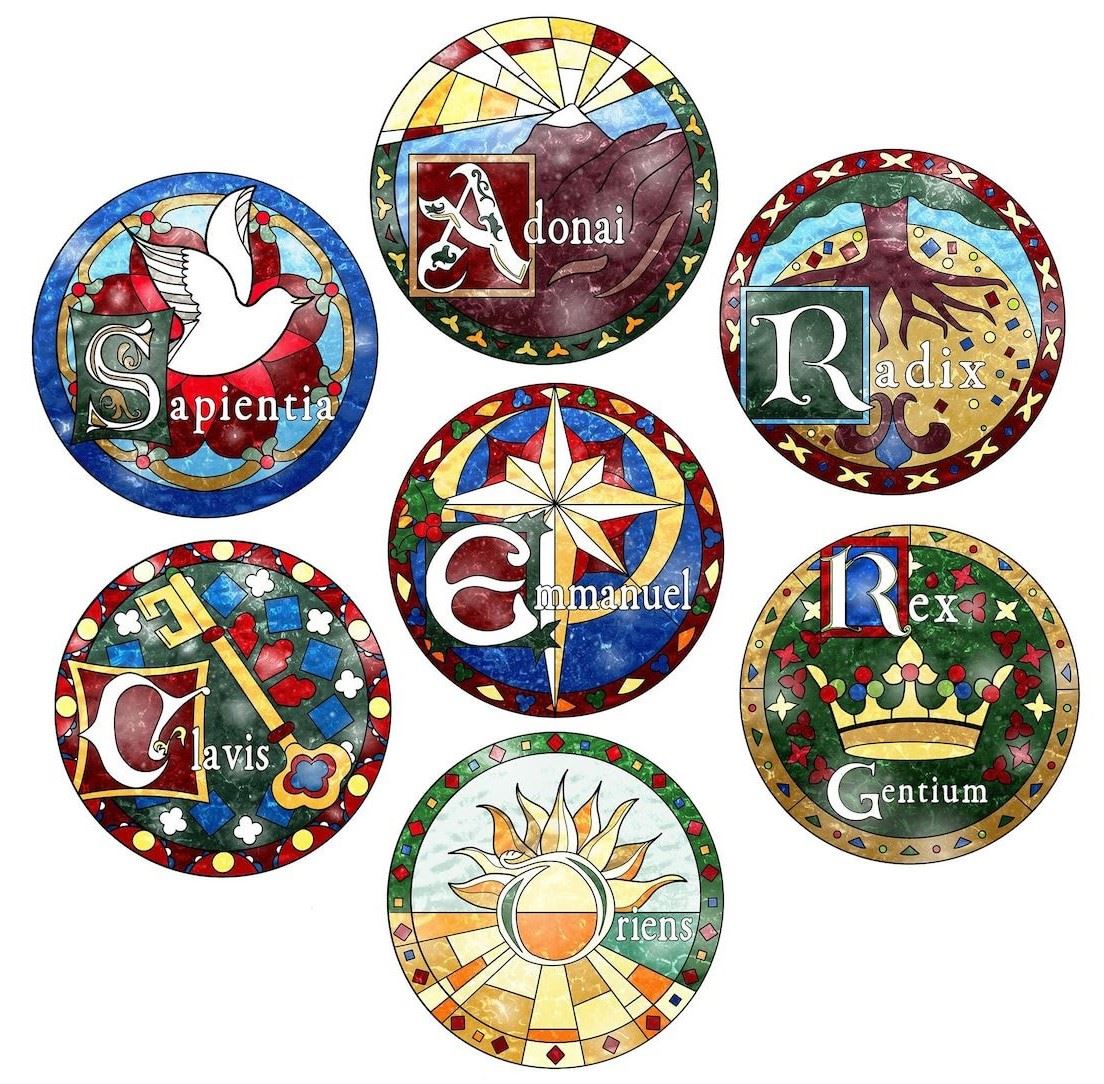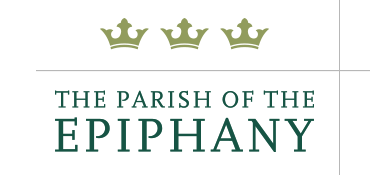 Once again we have entered into the penitential season of Advent, the beginning of another liturgical year. These four Sundays and the days surrounding them give us a time of spiritual preparation for the upcoming celebration of the birth of Jesus at Christmas. Tish Harrison Warren, an author and priest in the Anglican Church in North America, summed up this season of Advent in one of her weekly New York Times articles last year, amidst the ongoing pandemic. She wrote: "Advent is a season of hope, and part of practicing hope is noticing where we need it. In church, congregants sing a well-known Advent hymn that begins, 'O come, O come, Emmanuel, and ransom captive Israel.' We recall that we require ransom and rescue. Another year has gone by and we still live in a world in need of mending. We have learned anew through these long years that a virus can suddenly change our lives, that our illusions of control and predictability are fragile and faulty, that lies are often mistaken as truth, that we cannot keep ourselves or those we love from pain, that the wreckage of poverty, injustice and darkness persist. This is the very world of heartbreak, Christians say each year, into which Christ came and will come again.”
Once again we have entered into the penitential season of Advent, the beginning of another liturgical year. These four Sundays and the days surrounding them give us a time of spiritual preparation for the upcoming celebration of the birth of Jesus at Christmas. Tish Harrison Warren, an author and priest in the Anglican Church in North America, summed up this season of Advent in one of her weekly New York Times articles last year, amidst the ongoing pandemic. She wrote: "Advent is a season of hope, and part of practicing hope is noticing where we need it. In church, congregants sing a well-known Advent hymn that begins, 'O come, O come, Emmanuel, and ransom captive Israel.' We recall that we require ransom and rescue. Another year has gone by and we still live in a world in need of mending. We have learned anew through these long years that a virus can suddenly change our lives, that our illusions of control and predictability are fragile and faulty, that lies are often mistaken as truth, that we cannot keep ourselves or those we love from pain, that the wreckage of poverty, injustice and darkness persist. This is the very world of heartbreak, Christians say each year, into which Christ came and will come again.”
Indeed, this staple of our Advent hymnody “O come, O come, Emmanuel” is an adaptation of the Great O Antiphons which have been sung in the Roman church since at least the 8th century. They are seven Magnificat antiphons used at Vespers on the last evenings of Advent (December 17-23), leading up to the December 24 Vigil on Christmas Eve. The ornate antiphon for each evening would be sung before and after the Magnificat (Song of Mary), the high point of the Vespers liturgy. These texts likely originated in Italy in or before the 6th century, when Boethius refers to them in The Consolation of Philosophy. The Latin titles are:
17 December: O Sapientia (O Wisdom)
18 December: O Adonai (O Lord)
19 December: O Radix Jesse (O Root of Jesse)
20 December: O Clavis David (O Key of David)
21 December: O Oriens (O Dayspring)
22 December: O Rex Gentium (O King of the Nations)
23 December: O Emmanuel (O God With Us)
The first letters of the titles, from last to first, appear to form a Latin acrostic, Ero cras, meaning 'Tomorrow, I will be', mirroring the theme of the antiphons (Emmanuel, Rex, Oriens, Clavis, Radix, Adonai, Sapientia). Such acrostics were popular among early medieval writers. If you look at Hymn number 56 in our Hymnal 1982, you will note that the appropriate date for each stanza is listed. Though we don’t have daily services of Vespers or Evensong during the final octave leading up to Christmas, these antiphons might serve as a useful addition to a daily devotion or meditation as we approach the next celebration of Christ’s birth in the manger. In the meantime, all best wishes during this season of hope and preparation,
Jeremy Bruns




